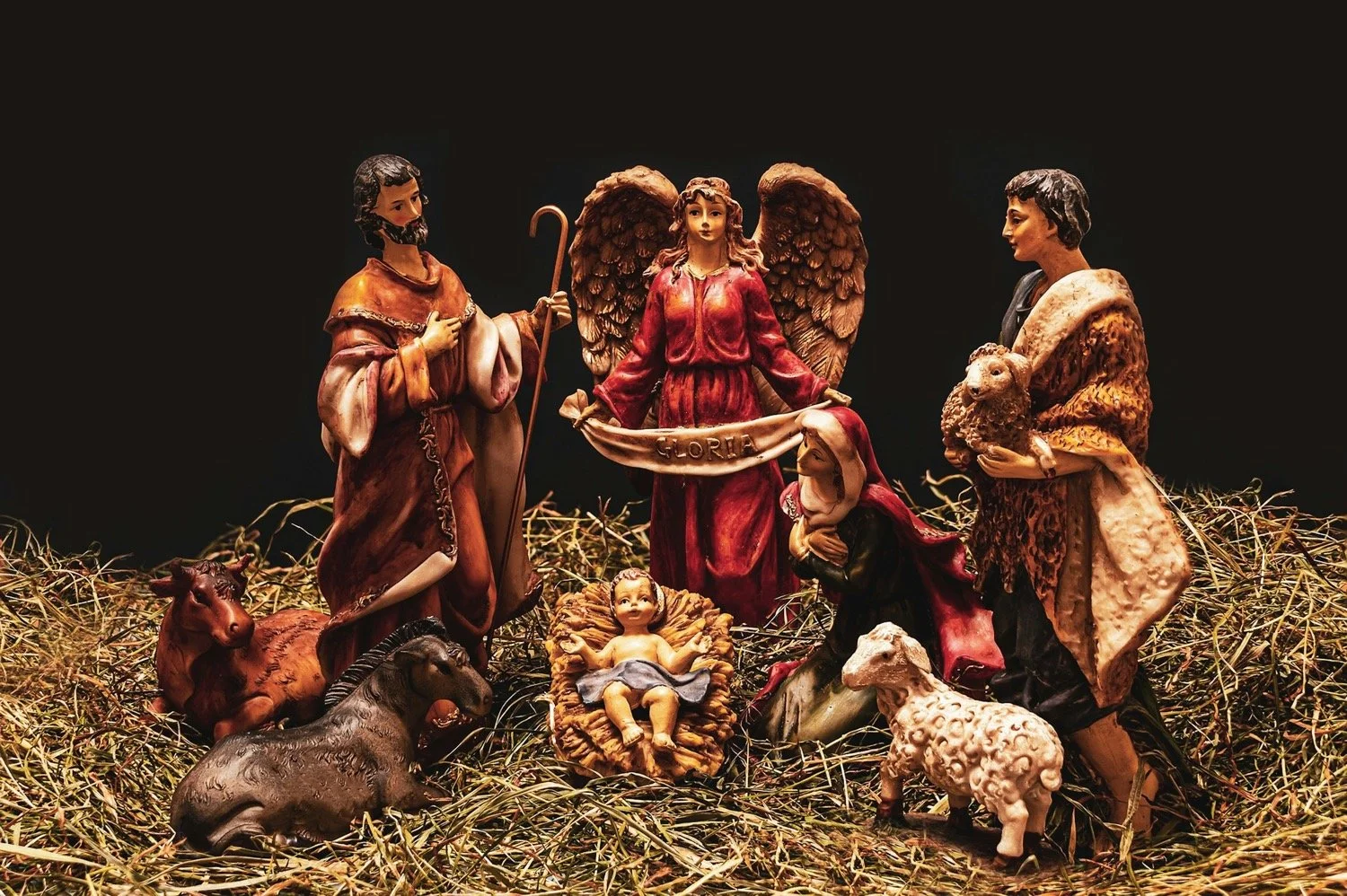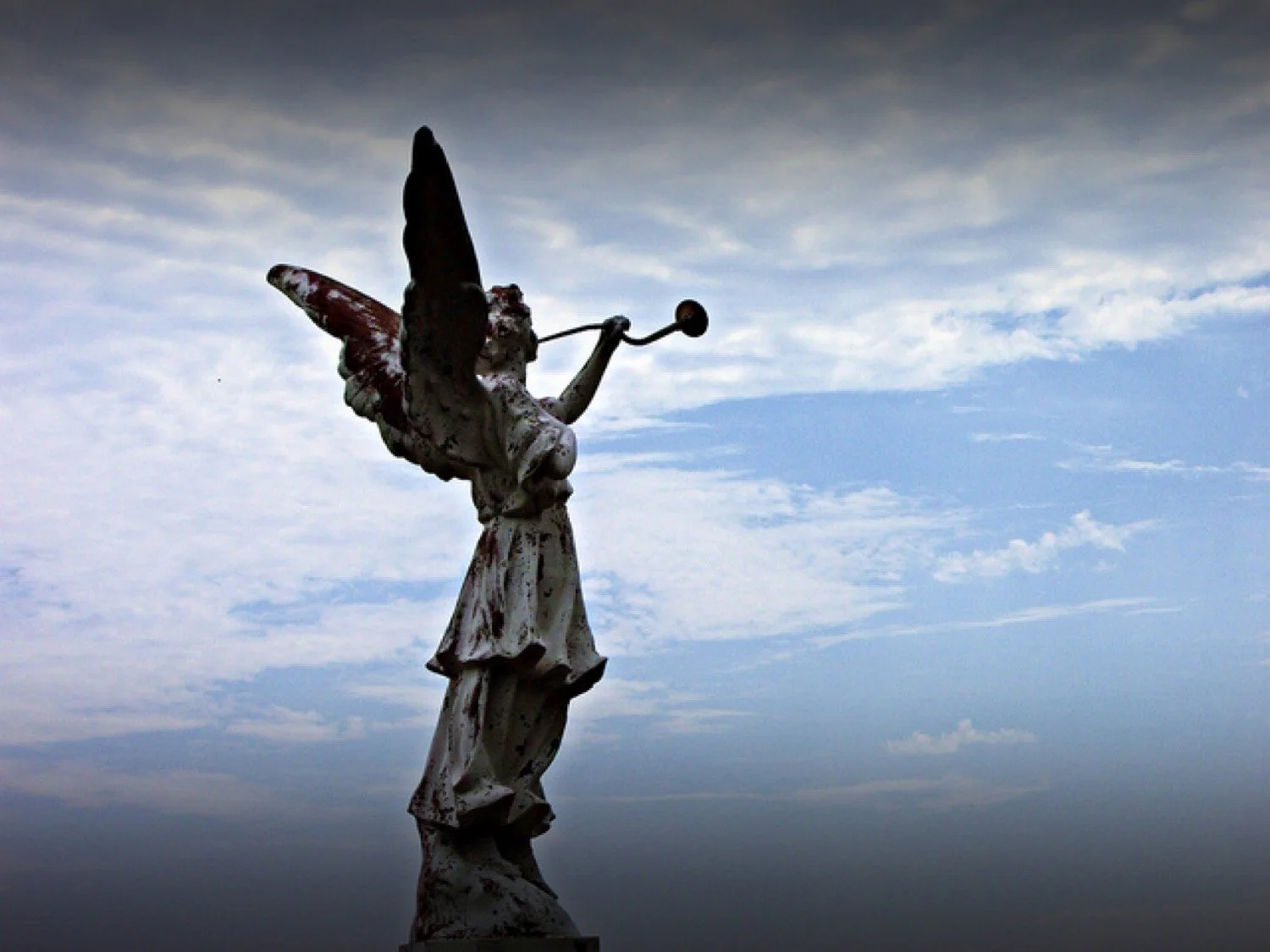Readings for today: 2 Chronicles 28-31, Psalms 78
Hezekiah was a remarkable man. The polar opposite of his father. Where his father was unfaithful, Hezekiah was faithful. Where his father was morally compromised, Hezekiah was pure. Where his father was evil, Hezekiah was good. One wonders where Hezekiah learned such faithfulness. What made him turn from his father’s ways? Who taught him the ways of the Lord? How did he know to cleanse the Temple, reinstitute the Levites, and celebrate the Passover? These things had been absent for decades. The Temple had been desecrated. The priests and Levites forgotten. And yet somehow Hezekiah’s heart was not only stirred to seek the Lord in this pagan environment but God provided faithful teachers along the way to instruct and guide him. They remain nameless. Their identities known only to God. But what an impact they make through this great man!
Hezekiah is a great example of what can happen when key leaders seek the heart of God. God doesn’t need our wealth. He doesn’t need our power. He doesn’t need our influence or position or authority. He simply needs our hearts. If we seek to love God with all our heart, soul, mind and strength; His promise is He will use us to make Kingdom-sized impact on those around us. I love how Hezekiah himself describes it. “Now it is in my heart to make a covenant with the Lord, the God of Israel, in order that his fierce anger may turn away from us.” (2 Chronicles 29:10 CSB) He dedicated his life to the destruction of idolatry. He tore down the pagan shrines that dotted the hillsides. He cleansed the Temple. He restored true worship. He sent messengers throughout the length and breadth of the nation to invite people to celebrate the Passover meal. And even though the people had forgotten how to cleanse themselves in preparation, Hezekiah interceded on their behalf, calling on God to honor the intent of their hearts. The impact of this time of celebration was so profound, the people asked to stay an additional seven days to keep worshipping! “The Israelites who were present in Jerusalem observed the Festival of Unleavened Bread seven days with great joy, and the Levites and the priests praised the Lord day after day with loud instruments. Then Hezekiah encouraged all the Levites who performed skillfully before the Lord. They ate at the appointed festival for seven days, sacrificing fellowship offerings and giving thanks to the Lord, the God of their ancestors. The whole congregation decided to observe seven more days, so they observed seven days with joy…” (2 Chronicles 30:21-23 CSB) Once the feast was compete, the people - inspired by the worship of the True and Living God and Hezekiah’s example - returned to their homes to continue to purge the nation of its idolatry. “When all this was completed, all Israel who had attended went out to the cities of Judah and broke up the sacred pillars, chopped down the Asherah poles, and tore down the high places and altars throughout Judah and Benjamin, as well as in Ephraim and Manasseh, to the last one. Then all the Israelites returned to their cities, each to his own possession.” (2 Chronicles 31:1 CSB) This is nothing short of revival!
I know a lot of Christians who pray for revival. They pray regularly for a fresh movement of God’s Spirit through their lives, churches, communities, and their nation. If that describes you...and I hope it does...I want to encourage you to follow Hezekiah’s example. Don’t wait! Don’t delay! Simply begin to seek God’s face right where you are! If you are a mother or father, seek God’s heart for your home and children. If you are a student or employee, seek God’s heart for your school or place of work. If you are a business, community, or church leader, seek God’s heart for the people you serve. If you are a national leader, seek God’s heart for your country. The secret to Hezekiah’s success had very little to do with his authority as king. It had everything to do with his heart for God. “Hezekiah did this throughout all Judah. He did what was good and upright and true before the Lord his God. He was diligent in every deed that he began in the service of God’s temple, in the instruction and the commands, in order to seek his God, and he prospered.” (2 Chronicles 31:20-21 CSB)
Readings for tomorrow: 2 Chronicles 32-34, Psalms 79




